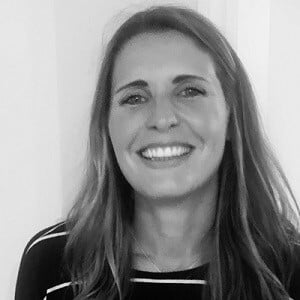Uncontrolled Cell Division (Edexcel GCSE Biology) : Revision Note
Uncontrolled Cell Division
Cells in the body divide by mitosis to produce more cells - this is essential for growth and to repair damaged cells
For example, the cells of the intestines are constantly dividing to replace those that are shed as food moves through the digestive system
Mitosis is just one part of the cell cycle which is regulated by many different genes to ensure that cells divide only when they need to and stop when required
Cancer is caused as a result of mutations in the DNA of cells that lead to uncontrolled cell growth and division - this can result in the formation of a tumour (a mass of cells)
Usually, tumours form as a result of loss of control of the cell cycle
Types of Tumour
There are two main types of tumour:
Benign tumours
Malignant tumours
Benign tumours are growths of abnormal cells which are contained in one area, usually within a membrane
Crucially, benign tumours do not invade other parts of the body
This means these tumours are not considered cancerous
Malignant tumours are cancerous – the cells of these tumours invade neighbouring tissues and spread to different parts of the body via the blood and lymphatic system where they form secondary tumours
Malignant tumours are more likely to disrupt the functioning of the organ they originate in (as they invade healthy tissue) and the organs they spread to – this is why they are dangerous and how they lead to death

You've read 0 of your 5 free revision notes this week
Unlock more, it's free!
Did this page help you?
